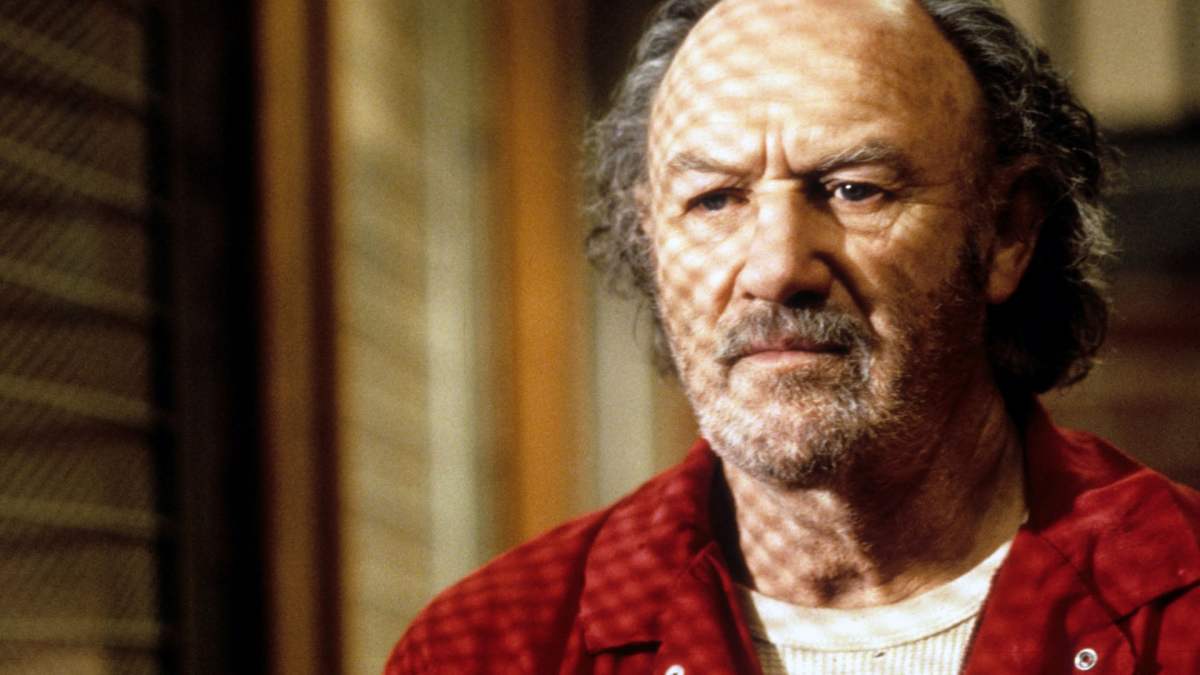Directed by James Foley
Written by William Goldman and Phil Alden Robinson
Coming off the success of A Time to Kill, we find the Grisham marathon turn to a young, hot Chris O’Donnell and old reliable actors Gene Hackman and Faye Dunaway to continue the success of the John Grisham cinematic universe. Sadly, the momentum has died out once again with The Chamber measuring in as a disappointing procedural with very little panache or explosive story to carry its judicial tale much further than the big screen adaptation as a vehicle for its stars. I know Grisham had tremendous commercial success as an author during the 90s, but I am beginning to see why the Hollywood adaptation model began to die out after this run, with just The Rainmaker and Runaway Jury to come before closing the book on this marathon.
Adam Hall (Chris O’Donnell) is a young lawyer who has just joined a firm in Chicago. Hoping to impress the boss, as well as for personal reasons, Hall pitches a defense for Sam Cayhall (Gene Hackman), an admitted racist who is on death row awaiting his execution via the gas chamber for his involvement in the murder of two children, who died in an explosion intended for a Jewish, minority sympathetic lawyer. As we soon learn, Adam is Cayhall’s grandson, conflicted by his blood, his displeasure of his grandfather, and his dedication to the law. Adam must navigate the testy opinion of his grandfather en route to defending his life and attempting to avoid the execution.
The up and downs of this marathon continue with this disappointing entry. Despite the best efforts of Gene Hackman, who is clearly dedicated to being as disgustingly racist as possible, his verve is not matched by Chris O’Donnell, who is in the middle of his 90s moment which did not pan out simply due to the fact that he just wasn’t the next Tom Cruise (see The Firm). Ultimately, this is not really O’Donnell’s fault, as the material is just not all that stirring and cinematic as past entries have been. As I will explore further, the premise is solid, but Foley’s execution leaves a lot to be desired, seemingly avoiding the tough questions in any depth of investigation.
While I think the moral struggle of defending such a terrible person, one who admits to being as racist as he is, and having committed the crime of which he is convicted, James Foley did not really communicate that struggle as purposefully as it could have been, which is likely partially due to O’Donnell’s limited charisma and emotional resonance with the audience. It’s a fascinating problem of trusting the law, believing in the law, and defending the law over all things human in terms of emotion, aggression and revenge. Everyone wants to see this man die, but is his death just? Does the law truly defend taking his life, or is the human element of passion and anger playing too large a part in the fate of Sam Cayhall.
I wish we could have seen a better investigation of these questions, especially with the involvement of Sam’s sister Lee, played by Faye Dunaway, and her embarrassment to be related to this man, going to lengths to hide this fact. As I work my way through this review, I slowly realize that there is actually much more to this story than I remember, which is a failing of the film. I would imagine that the text on which the film is based is much richer and more interesting, as the resulting adaptation squanders interesting ideas and questions and instead delivers only a mildly entertaining and mediocre slog through the process.

